Member Video Of The Week
Video from Outright International.
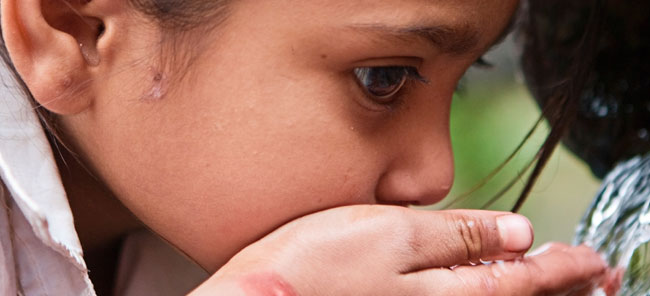
Meet our members

Explore membership
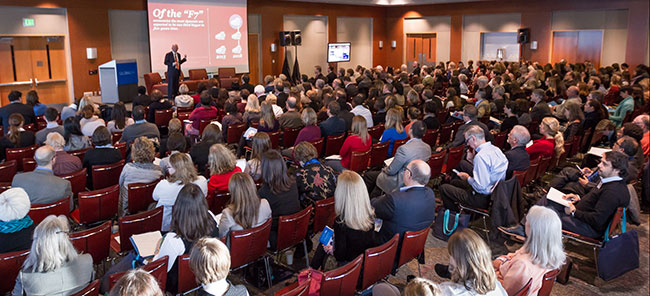
Attend an event
Video from Outright International.
From Our Blog
By Karen Kraft, Operation Snow Leopard
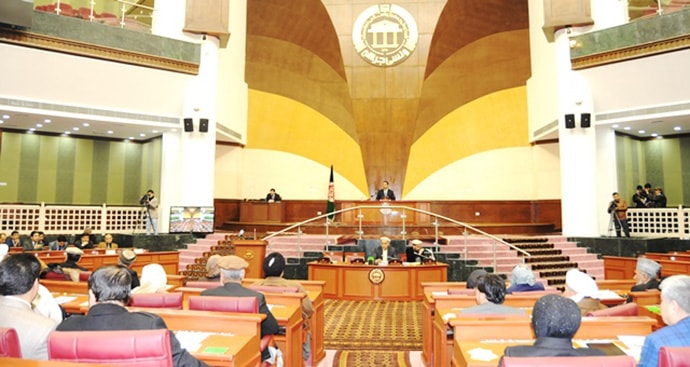
Interior of the newly inaugurated Wolesi Jirga Hall of Afghan Parliament (Photo Credit: Wolesi Jirga Website 2015)
The Fall of a Republic
The last tragic iteration of a democratically elected government in Afghanistan came to an end on 15 August 2021.
It had been established in 2005, with its electoral branch consisting of a lower house (Wolesi Jirga – 250 seats) and an upper house (Meshrano Jirga – 120 seats). The Afghanistan Constitution, ratified in 2004, explicitly stated that men and women had equal rights and duties before the law. It reserved specific seats in both chambers for female candidates, reflecting a commitment to gender equality supported by male leaders advocating for women’s representation in the newly formed republic.
Subscribe to our blog by email.
Organization Profile
By Amber Cortes
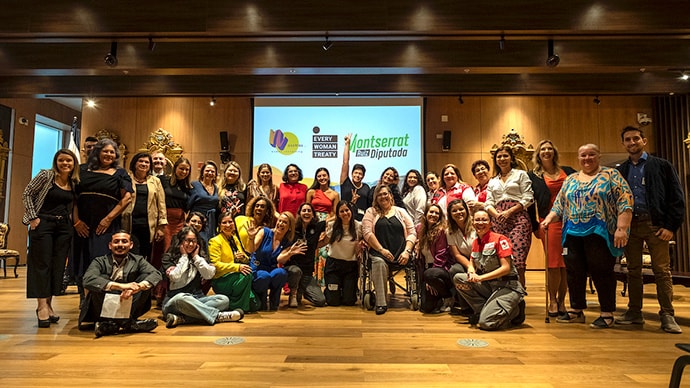
First diplomatic event of the Latin American Coalition. The Latin American Coalition advocating for a new Optional Protocol to CEDAW officially launched in February during an event at the Hall of Presidents at the Legislative Assembly in San José, Costa Rica. The event entitled “A Global Call to Eradicate Violence against Girls, Adolescents, and Women” was hosted by Nosotras Women Connecting, in collaboration with Every Woman Treaty and Congresswoman Montserrat Ruíz. It brought together 81 leaders, activists, congress members, representatives from Costa Rican institutions, and international missions from countries such as Chile, Honduras, Brazil, Canada, and the United States to support the call for a new binding instrument. Photo: Ariela Muñoz for Nosotras Women Connecting
“We are living in a historical moment,” says Patricia Elias, Chief of Global Diplomatic Campaign for Every Woman Treaty, a diverse coalition of more than 3,800 women’s rights advocates working to end violence against women and girls worldwide.
“It’s the start of a new international treaty.”
Goalmaker
By Ray Mwareya
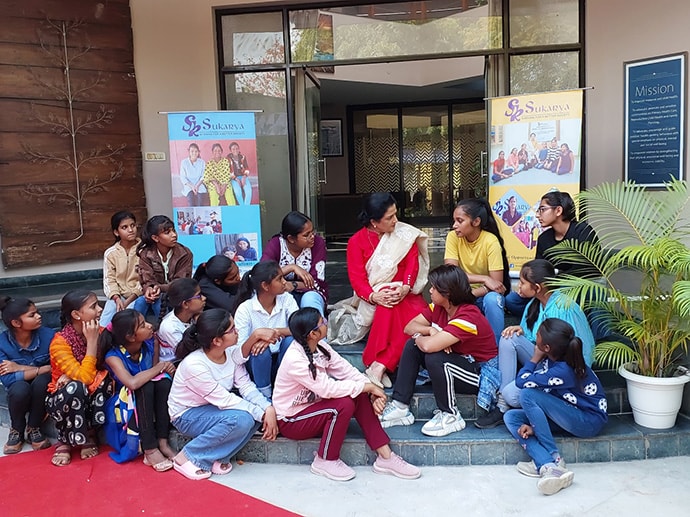
Meera speaking with girls participating in Sukarya’s programs. Photo: Sukarya
Meera Satpathy’s drive to improve the health, gender, and education circumstances for women and children in India began 28 years ago when she founded Sukarya – a non-profit headquartered in Gurugram, India.
“I am a proud and committed volunteer of ‘Sukarya’ the nonprofit,” she says, and explains that “Su” in India’s Sanskrit language means “good” or “pure.” “Karya” means “work.”
Therefore, “Sukarya” could be interpreted as “good work.”